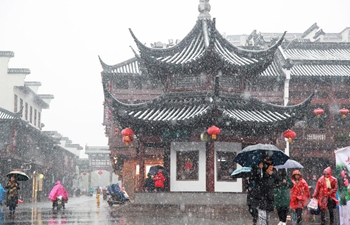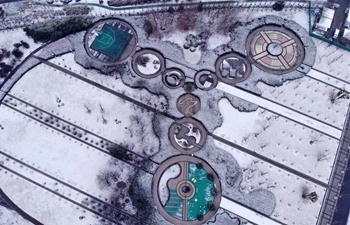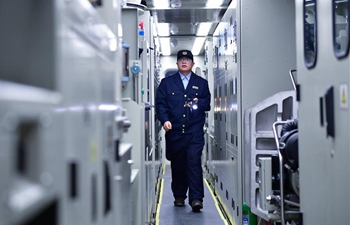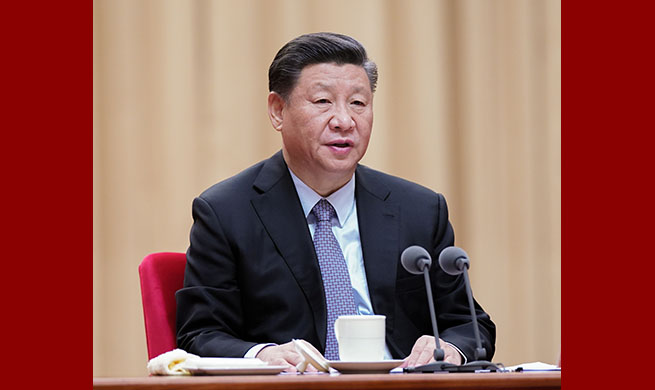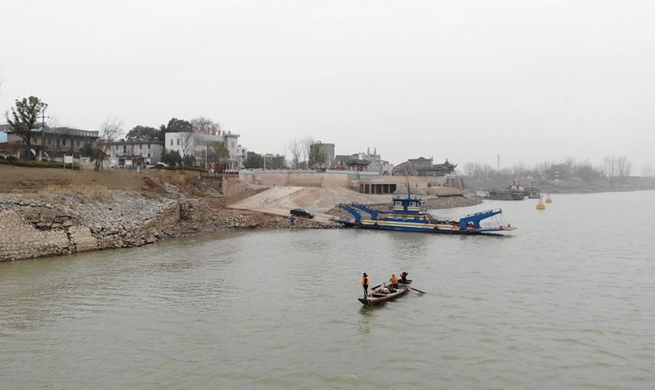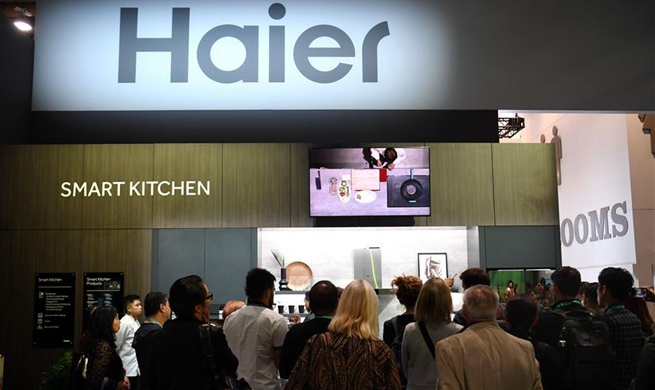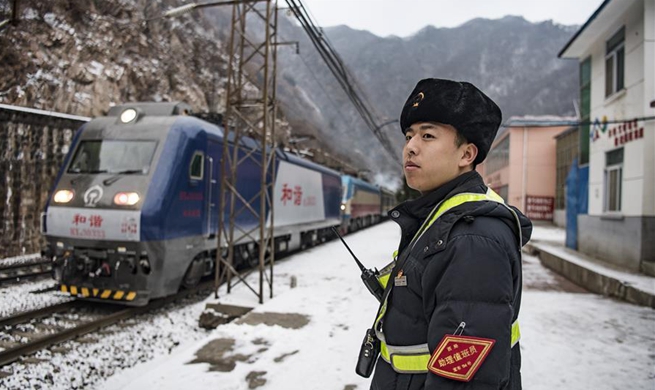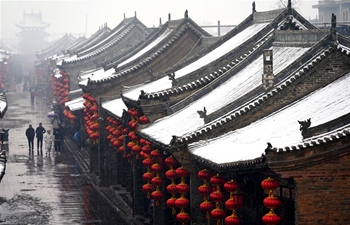CAIRO, Jan. 9 (Xinhua) -- Egypt, Ethiopia and Sudan failed to reach a consensus in their latest talks over the filling and operation of Ethiopia's new dam on the Nile River, Egypt said Thursday.
"The three states couldn't reach a consensus on the water released from the Grand Ethiopian Renaissance Dam (GERD) in the different hydrological conditions of the Blue Nile branch," said the Egyptian Ministry of Water Resources and Irrigation in a statement.
It also lamented "the lack of clear measures from the Ethiopian side to preserve the capacity of Egypt's High Dam to face the different effects that may result from filling and operating the GERD."
The latest two-day talks, which ended on Thursday in Addis Ababa, capital of Ethiopia, involved the water ministers and technical delegations of the three countries, with the participation of mediators from the United States and the World Bank.
Upstream Nile Basin country Ethiopia started building its grand hydropower dam in 2011 on the Blue Nile, while Egypt, a downstream country, is concerned that the dam might affect its 55.5-billion-cubic-meter annual share of Nile water.
Egypt's fellow downstream country Sudan eyes future benefits from the GERD construction despite Egyptian concerns. The GERD is expected to produce over 6,000 megawatts of electricity and become Africa's largest hydropower dam upon completion.
"Egypt tried to bridge the gap in positions by presenting proposals and studies that guarantee Ethiopia's continuous and high-efficiency electricity generation during periods of severe drought without harming Egyptian water interests," said the Egyptian ministry.
Egypt seeks a minimum annual flow of 40 billion cubic meters of water from the Blue Nile branch to its lands, while Ethiopia wants to allow an annual passage of 35 billion cubic meters only during the period of filling the dam and the times of drought.
Filling the reservoir, whose total capacity is 74 billion cubic meters, may take several years. While Ethiopia wants to fill it in five to six years, Egypt seeks to prolong the period to avoid the negative effects of water shortage, which is a main point of their talks.
After years of deadlock, the negotiations between Egypt, Ethiopia and Sudan have recently restarted with the U.S. mediation.
